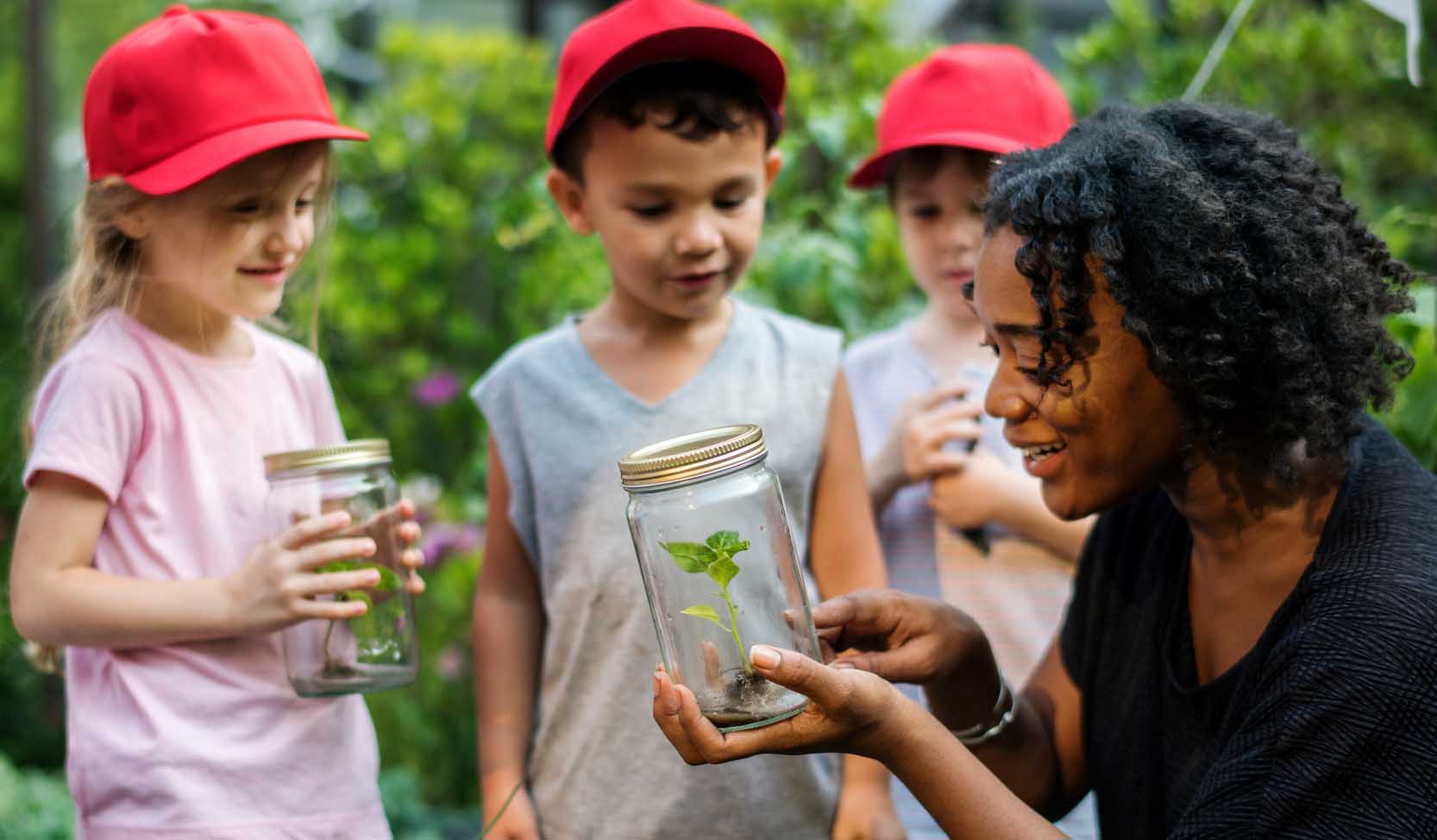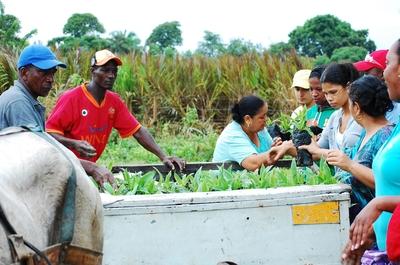
Women's Role in Environmental Protection and the Challenges they Face
"Hence the new age will be an age, less masculine, and more permeated with feminine ideals—or, to speak more exactly, will be an age in which the masculine and feminine elements of civilization will be more evenly balanced."

In the face of pressing environmental challenges, the importance of women's role in overcoming ecological crises is often underestimated. Both inspiring and empowering, women have the potential to have a profound impact on our collective future. This blog explores women’s enormous potential to transform our collective future, overcome the unique challenges they face, and create a harmonious flight for the birds of humanity. Let's find and celebrate the inspiring women who empower and protect our planet.

Women’s Crucial Role in Humanity’s Ascent
Imagine a beautiful swallow with iridescent blue and rust-colored feathers with a weaker wing than the other. It would struggle to fly or would even tumble down after soaring toward the sky.
Similarly, the bird of humanity has two wings, men and women, and it would not be able to soar with only one.
This principle is not always applied, even in modern times. For instance, climate change affects women disproportionally everywhere, especially in developing countries, where they face unique challenges as primary caregivers.1 Also, women are frequently excluded from environmental decision-making processes.
The Climate Crisis Poses Unique Challenges for Women in Developing Countries
Imagine you are a 35-year-old woman in a developing country. You have a family, three bubbly little girls, and a hardworking husband. You wake up and decide to go for a long walk to bring water for your family from the nearest reservoir. However, the water source has dried up, and now you must walk even farther to get water.
You also have a small farm where you grow vegetables and fruits to feed your family and sell in the local market. However, with the onset of climate change, weather patterns have become increasingly erratic, causing prolonged droughts and unpredictable heavy rainfalls, making it increasingly difficult to maintain crops and provide for your family’s basic needs. These are only a handful of the numerous challenges women in developing countries face due to climate change.
Women’s Representation in Parliaments as a Solution to Climate Change
Women are often excluded from decision-making processes related to environmental protection, even though they are overwhelmingly affected by climate change. Meanwhile, evidence shows that women’s role in environmental protection is essential, and when they are in charge alongside men, they can alter the course of events.

A recent study has found that women in national parliaments are more likely to push for stricter policies on climate change, leading to lower levels of carbon dioxide emissions.2 This is important because, around the world, there is a lack of political commitment to controlling climate change.
The study looked at data from up to 91 countries and found that having more women in political positions is the key to addressing the challenges posed by climate change. In other words, when women have more influence in government, countries tend to take climate change more seriously and take action to reduce their carbon footprint.
Women’s Role in Educating and Empowering Future Generations
As primary educators of their children, women hold a significant responsibility in nurturing their children's attitudes towards environmental issues, thereby contributing to environmental protection. This is especially noteworthy considering that research indicates women tend to be more ecologically conscious than men.3
Personality differences have been identified as a key factor in women's increased pro-environmental concerns, activism, and leadership in a variety of ecological initiatives, ranging from simple acts such as reducing their environmental footprint to organizing national and international environmental demonstrations.4

Women can teach their children eco-friendly habits, such as recycling, reducing waste, and conserving energy and water. They can also set a good example for their children by making mindful decisions in their daily lives, such as using reusable bags, supporting local businesses, and eating less meat.
Supporting the Empowerment of Women
The TwoWings Foundation believes in the idea that men and women are the two wings of the bird of humanity and therefore emphasizes specifically empowering women across various communities around the world.
If you would like to join in contributing to the empowerment of women through the TwoWings Foundation, simply follow this link to visit the website. There, you can learn about our programs, goals, and mission.
Women's Innovative Ways of Protecting the Environment
Women all around the world are taking novel approaches to combating climate change and protecting the environment. Solar Sister program, founded by Katherine Lucey, is a case in point. The program trains and supports women entrepreneurs in Africa to sell solar lights and other clean energy products in their communities.
Vandana Shiva, an Indian academic and environmental activist who formed Navdanya, a network of seed keepers and organic farmers in India, is another example. Shiva has pushed for sustainable agriculture techniques, the preservation of traditional seed types, and the protection of biodiversity.
Grassroots Initiatives Led by Women
Women-led grassroots programs have been of vital importance in worldwide environmental conservation. These initiatives have not only brought environmental challenges to light but have also emphasized the critical role of women in environmental sustainability. Wangari Maathai's Green Belt Initiative in Kenya, which began in 1977, has planted over 30 million trees and employed thousands of women.5

Similarly, Sylvia Earle's Mission Blue has played an important role in marine ecosystem protection by advocating for marine-protected zones and developing public awareness campaigns. Additionally, efforts such as Greta Thunberg's “Fridays for Future” movement have motivated millions of young people throughout the world to take climate action. These female-led efforts serve as motivation for coming generations to strive for a more sustainable future.
Empower Communities through Tree Planting
By contributing to the planting of trees, you're not only safeguarding our planet but also enabling communities to acquire valuable skills, overcome food insecurity, and lead fulfilling, self-sufficient lives based on cooperation and mutual support, while also acknowledging the women’s role in environmental protection.
Read Our Insightful Blog Posts

Agroforestry: Revolutionizing Farming, Empowering Farmers, and Protecting the Planet
Discover the benefits of agroforestry, a sustainable solution that supports farmers and environmental protection.

The Joy of Giving: Unveiling the Neuroscientific Reasons Behind Charitable Donations
Uncover the neuroscience behind charitable giving and discover how acts of generosity can significantly uplift your mood, enhance social bonds, and contribute to a more fulfilling life.

Nuclear Power Phase-Out in Germany: A Shift Towards Renewable Energy Sources
Join us as we discuss nuclear energy, its advantages and disadvantages, and explore Germany's nuclear power phase-out and its transition towards renewable energies.
Green Your Inbox!
With our Newsletters, Stay updated on our Stories of Change and Growth.
As a gift, get a personalised Nature E-card from PH.

